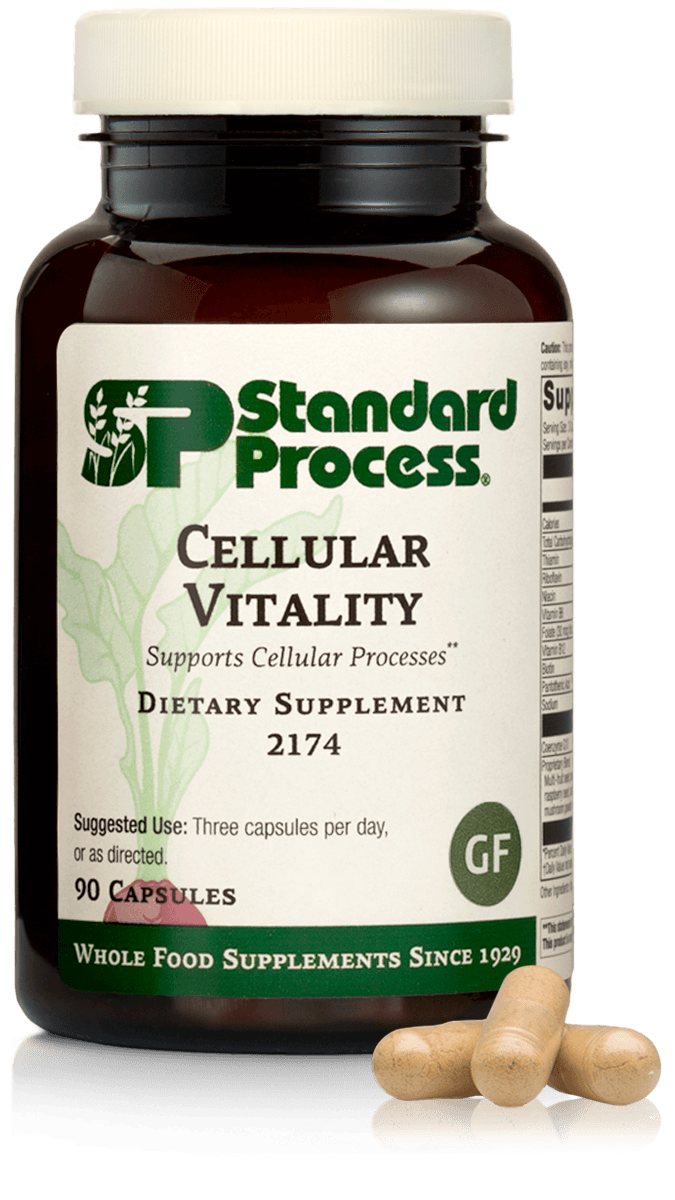As more Americans wake up to the healing power of natural medicine, the supplement industry has exploded. However, unlike prescription medication, their choice of supplementation is rarely overseen by a medical professional.
We may decide to buy a supplement because of a friend’s recommendation or a viral social media post – but these decisions are typically not based on any knowledge of our unique body chemistry and makeup. It is better to seek professional medical advice to explore supplements that may benefit you based on your specific health profile. To be fair, however, many conventional medical doctors don’t have any training or education in the area of supplementation and are not confident in recommending these dietary aides.

At Longevity Wellness Clinic, our practitioners have extensive training in herbal medicine and nutrition. We have the knowledge and expertise you need to make wise decisions about supplements. You might be vulnerable to one of the following myths without professional advice.
- A supplement’s recommended dosage is appropriate for everyone.
The recommended dosage for any given supplement is typically based on what a “healthy” individual would require. However, the majority of people do not adhere to the governmentally prescribed guidelines when it comes to calorie intake, meaning that anyone’s individual needs are difficult to pin down generically. - Supplements are not necessary if I eat nutritious whole foods.
Eating a nutritious diet – and avoiding processed foods – can significantly improve your health. However, modern agricultural methods have depleted the soil of key nutrients for decades, meaning that even fresh food does not offer the dietary benefit it was meant to. Simply eating a lot of fruits or vegetables may not address the deficiencies in your body. - If the supplement is ‘natural,’ it must be safe and beneficial.
Unfortunately, the term “natural” is basically meaningless when it comes to the efficacy of a supplement. The term is loosely defined and utilized primarily as a marketing ploy intended to promote sales. - If you take more of a supplement, your benefits will increase.
While more of a good thing can be beneficial, too much of anything can be dangerous and cause damage to the body. If you are not under professional care, you have no indication of how excessive usage of any supplement is affecting your body. When it comes to vitamins, vital organs can be damaged from overuse. For instance, excess vitamin A can damage the liver or cause birth defects; too much vitamin B6 can result in nerve damage; and overdosing on vitamin C can damage cells. - You’ll aways need the same supplements over time.
Your health prognosis is based on your diet, exercise, stress levels and hygiene habits. Because each of these factors can ebb or flow, a supplement that works today may not have the same benefits tomorrow. Most medical practitioners will test once or twice a year to evaluate how your body is processing and utilizing the supplements. Routine testing will determine which supplements you need, in what amount and for how long. - Supplements will not have any effect on pharmaceutical medicines.
Because supplements do not require a doctor’s prescription and are often deemed “natural”, many people assume that there will be no problem taking them alongside their prescription meds. However, some supllements may actually adversely interact with pharmaceutical drugs, either reducing efficacy or boosting effects. When you work with a holistic practitioner, make sure you inform them of any medications, vitamins or supplements you are already taking. - A multivitamin alone can help to avoid or prevent disease.
Food is always the optimal source for required nutrients. As we stated above, it is difficult for people to get the nutrients they need from depleted sources. Still, a healthy and nutritious diet should always be the basis for your health efforts – supplementation and vitamins should never be considered the primary line of defense. Supplements are intended to fortify and support your already healthy diet. - Supplements don’t work and are a waste of money!
As stated above, everyone’s body is unique – and everyone’s health journey is specific to a wide variety of factors. A supplement may be unnecessary for many people in the population, but extremely beneficial for others. Those with certain medical conditions may need supplementation, and a pregnant woman may require supplements that her husband does not.
Call Longevity Wellness Clinic to Review Your Supplementation
At Longevity Wellness Clinic, we believe strongly that supplementation can significantly benefit your health. However, it is essential to work with a practitioner that understands your specific health issues and can help you to make choices that serve your optimal health.
Dr. Cynthia Clark is an expert in nutrition and integrative treatment programs. She is a trusted local professional who works side by side with doctors across many disciplines.



